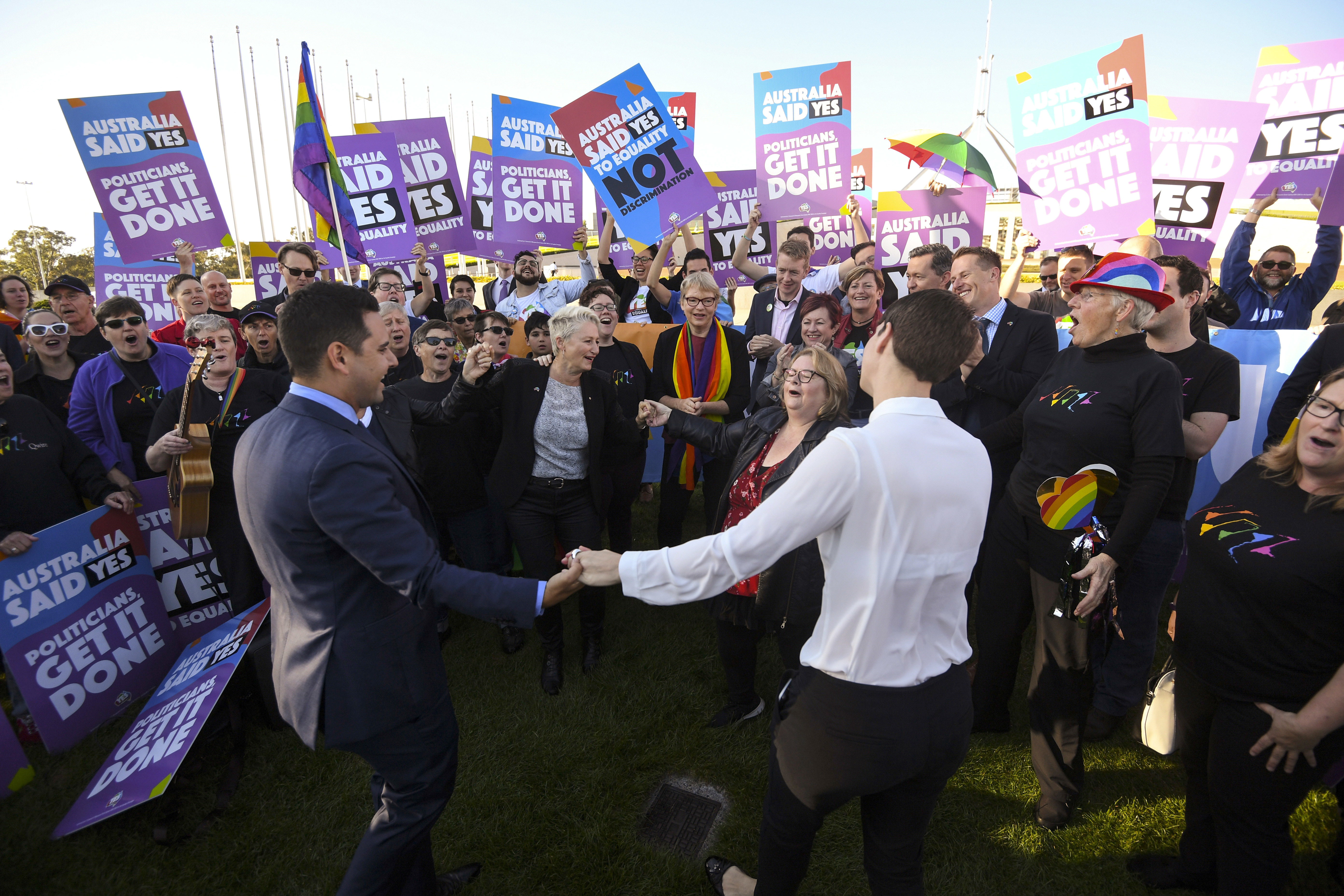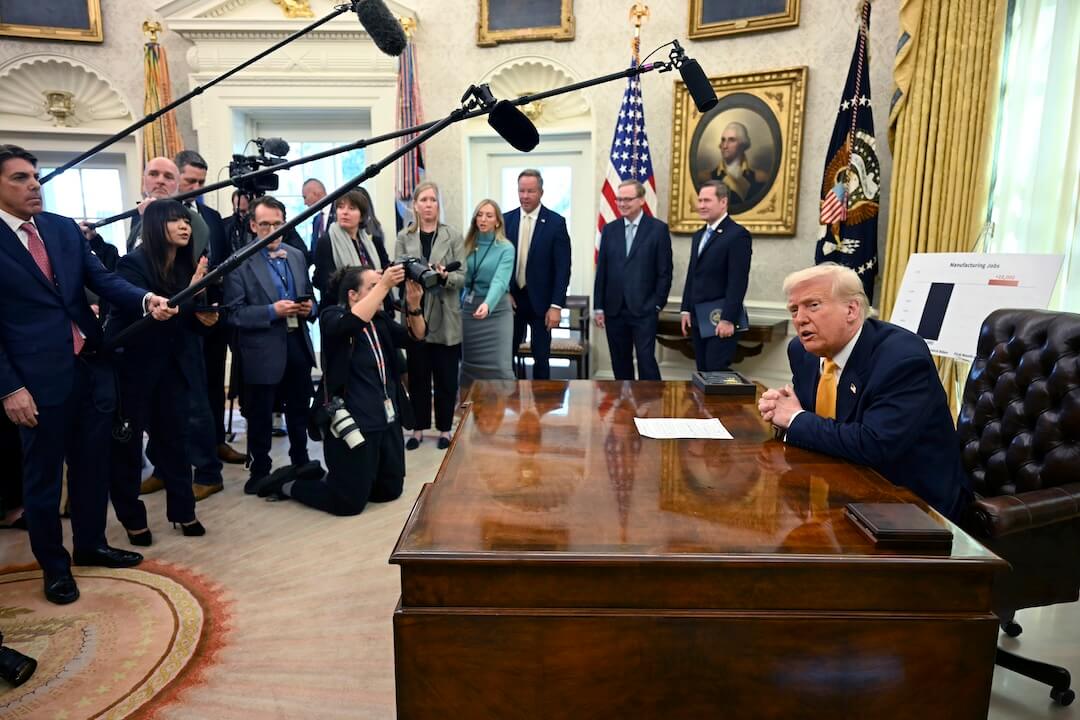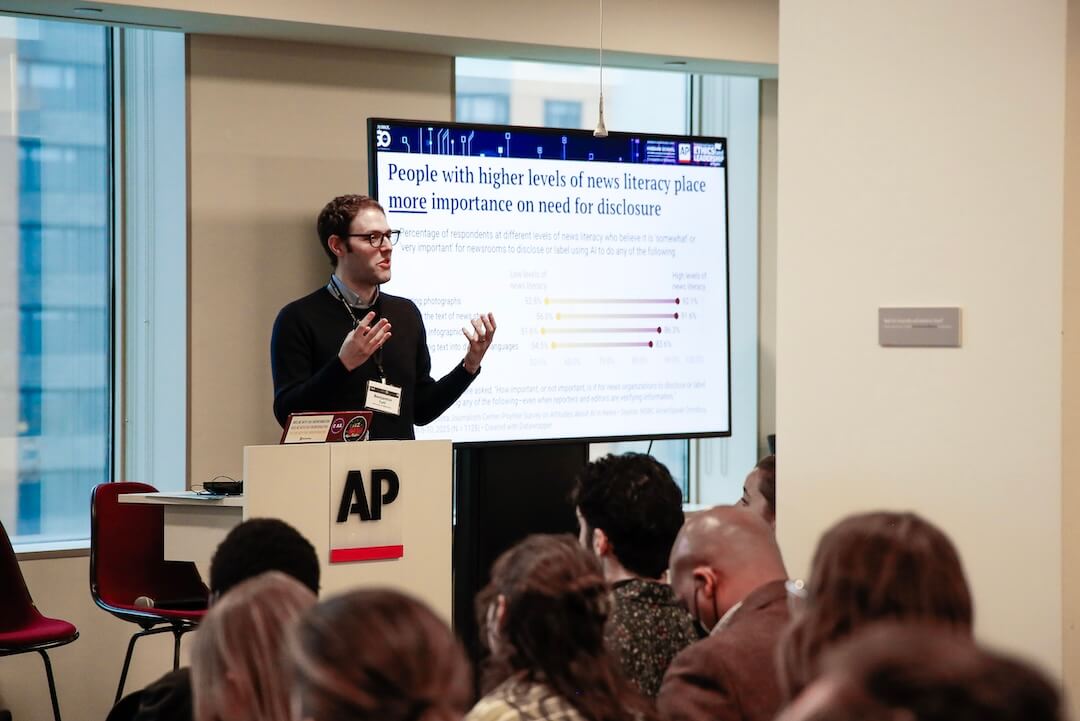Susan Daly was used to fact-checking politicians. As editor of TheJournal.ie for more than seven years, she had plenty of experience dealing with half-truths and outright falsities.
But last month’s abortion referendum was different.
“You’re always going to annoy one side or the other. No matter what fact check we do, we just wait for the onslaught of responses,” she told Poynter. “We didn’t have that experience (before) — we’ve had a quite pleasant experience with fact-checking up until this point.”
On May 25, Irish citizens overwhelmingly voted in favor of repealing a constitutional amendment that banned abortions in all cases except when a woman’s life was at risk. The build-up to the referendum saw its own fair share of partisan misinformation, and Google and Facebook were spooked into preemptively banning ads from groups outside the country.
In a last-minute move, Facebook also added TheJournal.ie to its fact-checking program in late April, which allows fact-checker partners to debunk content on the platform. Those resulting debunks limit the reach of hoaxes in Facebook’s News Feed. (Disclosure: Being a signatory of the International Fact-Checking Network’s code of principles is a necessary condition to be a partner.)
That addition, which was aimed at limiting the spread of fake news leading into the referendum, helped TheJournal.ie surface hoaxes it hadn’t seen before — but it was limited. Of the 35 fact checks it published over the final four weeks of the referendum, just under 50 percent applied to Facebook stories, Daly said. At least two were produced specifically to counter hoaxes on the platform.
“The partnership was helpful in as much as it surfaced content that we might not have been aware was out there, influencing certain demographics of voters,” Daly told Poynter in a message after the vote.
But even with the partnership, the nature of the Irish referendum made it harder than usual to fact-check. That’s because fact checks about social issues like abortion — a topic that, in the past, attracted less support in Ireland compared to other European Union countries — can be harder for readers to accept.
Tobe Berkovitz, an associate professor of advertising and an expert in political campaigns at Boston University, told Poynter it all goes back to how people already feel about a given topic.
“When you have a controversial issue, many people have already made up their mind — they interpret reporting in their own preconceived way,” he said.
That explains some of the pushback experienced by TheJournal.ie — and it isn’t the only fact-checking project to have covered a controversial vote over the past year.
In November, Australians voted in favor of legalizing same-sex marriage in a postal survey, with lawmakers approving the measure the following month. In much the same way that the Irish abortion vote tested TheJournal.ie’s ability to cover a controversial social issue, RMIT ABC Fact Check struggled with selecting which things to check in the first place — despite the fact that same-sex marriage had enjoyed broad support there in the past.

“A key challenge we encounter on a daily basis is choosing claims to check that are, in fact, checkable rather than merely opinions,” Paul Crossley, a journalist at ABC, told Poynter in an email. “And with limited resources, we try to check claims that go to the heart of the broader issue. These challenges were felt particularly during the survey campaign.”
A few of ABC’s fact checks included a “baseless” rating for a claim that same-sex marriage had consequences for the school curriculum in the U.K. and an “exaggerated” rating for a claim that domestic partners have the same rights as married couples. While those toe the line between opinion and fact, the project stuck to its methodology.
“Although the postal survey was a highly sensitive issue in the community, we took the same forensic approach when fact-checking claims during the campaign as we would for any other issue,” Crossley said.
And when they’re coupled with bogus statistics, those types of claims can have an impact.
In Ireland, an anti-abortion billboard erroneously claimed that TheJournal.ie had verified its claim that 90 percent of babies with Down syndrome in the United Kingdom are aborted. That was new for the fact-checking outlet, whose work during the referendum ranged from the nuanced (Is Ireland's proposed abortion legislation more extreme than British law?) to the scientific (Does abortion increase the risk of a woman developing breast cancer?) — and many included false ratings.
“There’s been quite a bit to fact-check here because one side is using a lot of statistics. They’re being used to provoke an emotional response,” Daly said prior to the vote. “That’s something that raises the red alarm bells for any fact-checker.”
Then there’s the question of scale. Daly said conversations about controversial social issues frequently take place between friends on social media, and she wasn’t sure their fact checks — especially the one about the anti-abortion billboard — reached the people they needed to.
Meanwhile, in Australia, Crossley said Fact Check’s work did pretty well compared to other content on its site.
“From an audience engagement point of view, we found that our fact checks around the same-sex marriage issue delivered strong readership and reading times,” he said. “It demonstrated that if people are interested in a social issue, they will engage with your fact check.”
And that has some takeaways for other fact-checkers covering controversial social issues.
First, credibility is built over several years — not just in the lead-up to elections. Crossley said that was important for them in terms of earning readership leading up to and during the postal survey.
But it can also backfire.
“In this situation, in referenda, you have lots of your regular readers campaigning, so it becomes much more personal to them,” Daly said. “If your verdict doesn’t go along with some of their beliefs, they can feel personally attacked.”
Berkovitz agreed.
“Especially with issues like gay marriage in Australia and abortion in Ireland, people are already very skeptical and sort of disbelieving about not just the press, but the politicians as well,” he said.
With that in mind, she said it’s important for fact-checkers to stick to their methodologies and make sure they’re publicly available and easily accessible throughout their coverage. That way fact-checkers can point to something when they’re inevitably criticized for perceived biases.
“They just have to stay true to what one would hope are valid ways of analyzing what is truth and facts versus what are lies and falsehoods,” Berkovitz said. “I don’t think they should change anything — they might want to be sensitive that this is a more difficult audience to communicate with.”
To that end, fact-checkers should take care to ensure they’re always checking verifiable statements as opposed to opinions. Crossley said that was ABC’s biggest challenge when covering the marriage equality vote, one that Daly seconded and said could be addressed by taking a broader approach to fact-checking and asking readers repeatedly what they want fact-checked.
Finally, and perhaps most obviously, Daly said fact-checkers should check themselves.
“The same way people are campaigning on the other end, you’re likely to vote yourself. You’ve probably made your mind up on your own vote,” Daly said. “This is the time you’re most confronted by your own prejudices — am I going down a rabbit hole because I believe this should be the verdict?”







